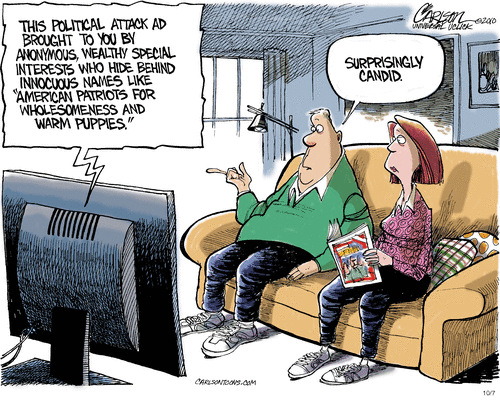Usually on Fridays, Atrios at Eschaton posts the lists of banks that have been taken into receivership by the FDIC.
Now the FDIC is going to hold the bank executives of these failed entities to count to the tune of one billion dollars. According to Bloomberg
The potential lawsuits would help the FDIC recover more than $1 billion it lost during the credit crisis, which has forced the FDIC to take over 294 lenders since 2008. So far the FDIC, which, according to Bloomberg, doesn’t sue unless it believes the defendant is able to pay up, has only filed one lawsuit related to the credit crisis, against IndyMac executives in July.
FDIC May Seek More Than $1 Billion From Failed-Bank Executives
The Federal Deposit Insurance Corp. has authorized lawsuits against more than 50 officers and directors of failed banks as the agency aims to recoup more than $1 billion in losses stemming from the credit crisis.
The lawsuits were authorized during closed sessions of the FDIC board and haven’t been made public. The agency, which has shuttered 294 lenders since the start of 2008, has held off court action while conducting settlement talks with executives whose actions may have led to bank collapses, Richard Osterman, the FDIC’s acting general counsel, said in an interview.
“We’re ready to go,” Osterman said. “We could walk into court tomorrow and file the lawsuits.”
The FDIC, which reviews losses for every bank failure, has brought only one case against officers or directors tied to recent collapses — a suit filed in July seeking $300 million in damages from four executives of IndyMac Bancorp Inc.
When a bank fails, the agency’s investigators take about 18 months to complete their autopsies, meaning most of the probes stemming from the financial crisis are ongoing, Osterman said.
If FDIC investigators determine litigation is possible early in their review process, they send letters to officers and directors alerting them that a suit may be coming to recoup a portion of the losses to the agency’s insurance fund.
FDIC Chairman Sheila Bair has said 2010 will be the peak year for failures, and the agency’s list of so-called problem lenders suggests banks will keep collapsing at an accelerated rate in coming months. The confidential list had 829 banks with $403 billion in assets at the end of the second quarter.
Unbelievable that anyone thinks that TARP was a success. If the FDIC can recover that one billion it will be only .05% of what was actually given the the banks and the financial industry by the Treasury and the Federal Reserve which may have been upwards of 2 TRILLION DOLLARS.



Recent Comments